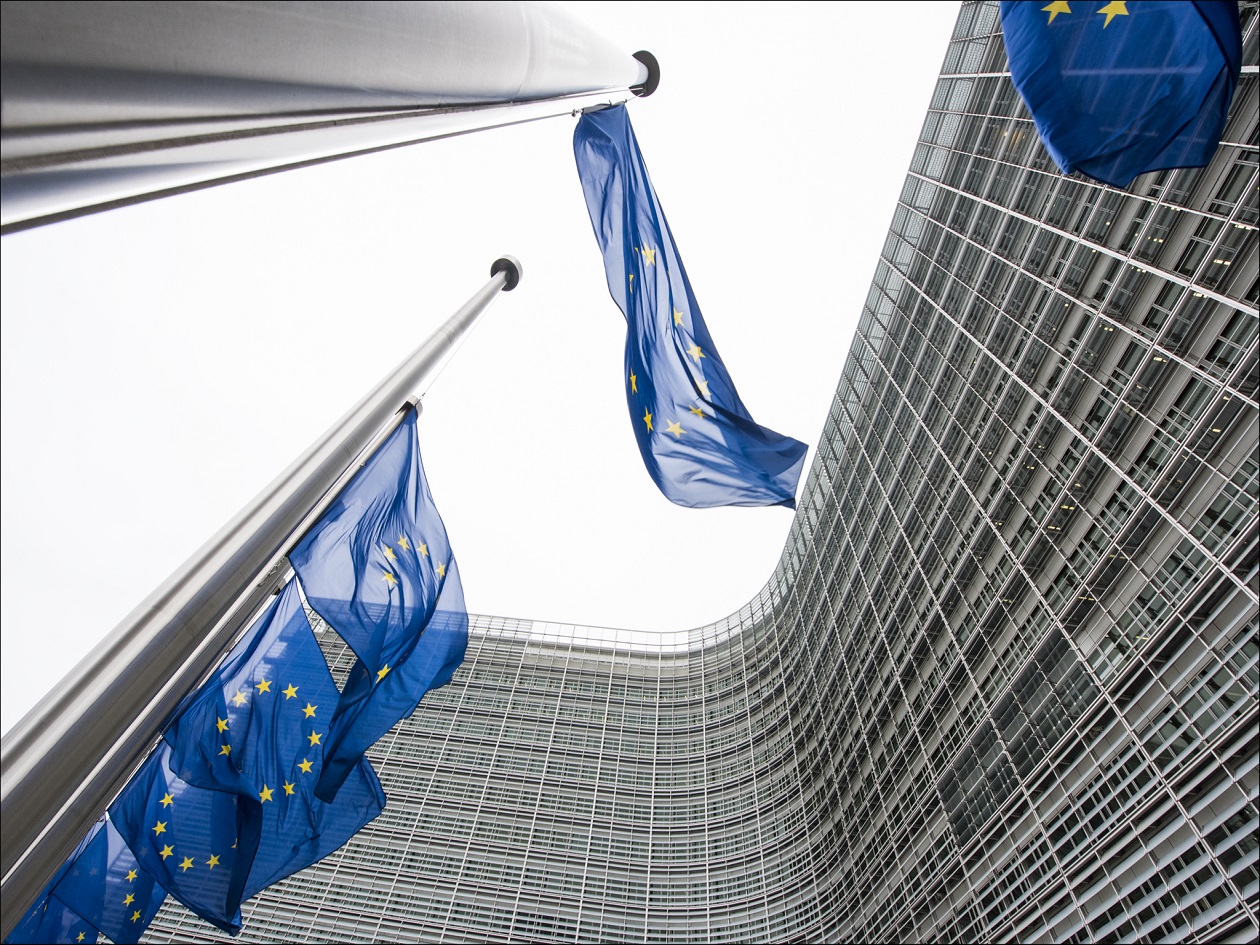The issue
The rejection of free movement embodied in the 2016 Referendum vote created tremendous uncertainty regarding the immediate and future legal rights of EU nationals living in the UK. Drawing on interviews with EU staff and management at three universities, Luthra’s paper forthcoming in Journal of Ethnic and Migration Studies asks how Brexit was experienced by highly skilled migrants in a sector reliant on EU migration, and the ways that employment in higher education buffered staff against its impact.
Research sites
The research involved interviews with management and EU academic and non-academic staff at three research active universities in England. At all three institutions, about 25% of academic staff, and between 5-10% of professional staff, are non-UK EU nationals. This is broadly in line with the sector as a whole. The universities differ in the characteristics of students and their international rankings: one is highly selective, the other two less so. The highly selective university also receives much more research income, with nearly half of its academic staff on research only contracts, in contrast to between 5-10% of academics at the other two sites.
Data and methods
Thirty-six semi-structured interviews were conducted between February and November 2018, with the bulk (32) between March and September. At all three universities, an introductory email was sent explaining the purpose of the research and requesting an interview with the vice-chancellor: this was granted at two universities, and at all three interviews were scheduled with senior human resource officers. Interviews with EU professional service and academic staff were obtained via advertising on HR email lists, personal contacts and recommendations (snowball sampling). Of the 36 interviews obtained, 12 identified as men and 24 as women, 16 were academic staff, 12 professional staff, and 6 senior management (2 at each university).
Summary of results
Recent scholarship suggests that migrant experience of a hostile migration policy environment can vary across multiple levels: at the macro-level across different countries, at the meso-level across different institutions or communities, and at the micro-level of families or individuals. While Brexit negotiations are under the jurisdiction of national governance (the macro-level), the response of specific institutions such as schools, local service providers or workplaces to the decision can vary greatly over space and time (meso-level), potentially leading to very different experiences at the micro-level of individual EU migrants and their families. This paper contributes to a growing literature that examines the meso- and micro-level variation in the lived experiences of migration policy, providing new evidence on the way that employers can mediate or mitigate its impact on their workers.
In many ways, UK higher education is a sector which presents a “best case” scenario in terms of the potential mitigating impact of employers on the experience of a migration policy shock such as Brexit. First, many universities are highly internationalised and embedded in the European Union across multiple dimensions – in terms of research funding, student base, and staff recruitment – and thus it is very much in their interests to seek to counter the reputational, administrative, and organisational impacts of Brexit. Second, as major visa sponsors of third country migrants, both as employees and students, universities are experienced with and have an existing infrastructure to process and monitor staff under migration control, and are thus well equipped to incorporate EU employees into this existing system. Third, EU staff members in universities are among the most highly skilled EU migrants, and should therefore be well equipped to handle challenges arising from the UK’s decision to leave the EU.
The interviews conducted with EU academic and professional staff reveal how the run up to and Referendum vote decision presented a major disruption in their previous perceptions of the UK as a place to work and to live. Working in a university provided a significant buffer against this shock, a “bubble” where acceptance was both formally and informally signalled in individual and institutional interactions. Yet while all three universities provided symbolic and material support which was appreciated by employees, interviews also reveal the impact of perceptions of institutional mission on EU employee perception of management response. Two thirds of the interviews were conducted in the midst of the 2018 higher education pension strike, galvanising a widespread dissatisfaction with ongoing changes in the funding landscape, management, and workloads experienced by employees in the sector as a whole. Several of the academic interviewees were recently politicized and active in the industrial action, which in turn influenced perceptions of university management response to Brexit. Ironically, whereas some employees expected a more ideologically-driven and political response to Brexit, perceiving the lack of it as a failing of the increasingly privatised and corporate university, interviews with management reveal that it was precisely the demands of a neo-liberal employment model, requiring access to an international labour pool for fixed-term contracts, which triggered the stronger Brexit response desired by more politicized employees.
